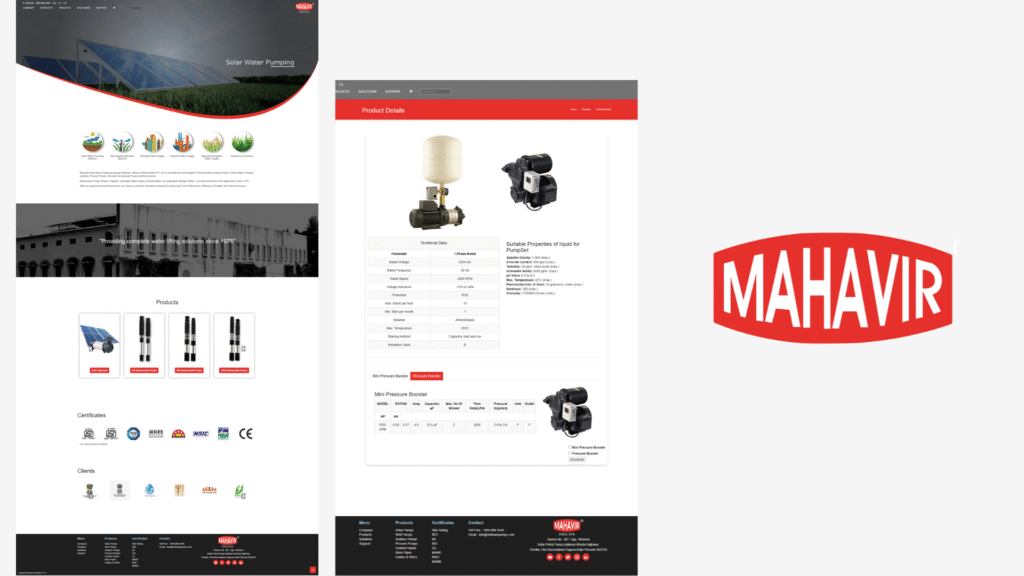Cloud Solutions for Supply Chain Management: Transforming Logistics
In today’s fast-paced global economy, supply chains have become more complex than ever. Traditional methods often struggle to keep pace with dynamic market demands, disruptions, and increasing consumer expectations. This is where cloud solutions for supply chain management step in, enabling organizations to gain real-time visibility, optimize processes, and enhance collaboration across all stakeholders. Leveraging cloud technology has become a game changer, helping businesses boost efficiency, reduce costs, and foster agility in their supply chain operations.
Why Cloud Solutions Matter in Supply Chain Management
Supply chain management (SCM) involves coordinating a network of suppliers, manufacturers, warehouses, transportation, and retailers. The increasing complexity demands a robust system capable of handling large data volumes and delivering immediate insights.
Cloud computing provides a scalable, flexible, and cost-effective platform that removes the constraints of traditional on-premises infrastructure. It empowers supply chain professionals with up-to-date information available anytime, anywhere.
Here is why cloud solutions are crucial:
- Real-time Data Access: Cloud platforms enable instant visibility into inventory levels, shipment status, and supplier performance.
- Scalability: Easily adjust resources to meet fluctuating demands without expensive hardware upgrades.
- Collaboration: Multiple stakeholders can collaborate via centralized cloud platforms, reducing siloed communication.
- Cost Efficiency: Lower upfront costs by eliminating the need for physical servers and maintenance teams.
Key Features of Cloud Solutions in Supply Chain Management
1. Enhanced Visibility and Transparency
Cloud solutions integrate data from multiple sources to offer end-to-end visibility. From raw material suppliers to end customers, stakeholders can track shipments, monitor inventory, and predict disruptions.
For example, dashboards powered by cloud analytics platforms provide intuitive interfaces presenting KPIs such as order fulfillment rates and delivery times. This transparency helps to proactively address bottlenecks.
2. Predictive Analytics and Demand Forecasting
Advanced cloud platforms leverage AI and machine learning to analyze historic data, market trends, and external factors such as weather or geopolitical events.
This empowers supply chain managers to predict demand fluctuations and optimize stock levels, preventing overstock or stockouts, which are costly.
3. Automated Workflow and Process Integration
Cloud-based SCM solutions facilitate process automation such as purchase order approvals, invoice processing, and shipment scheduling.
By automating routine tasks, companies improve accuracy, accelerate cycle times, and free up personnel for strategic roles.
4. Enhanced Collaboration via Cloud Platforms
Suppliers, manufacturers, logistics providers, and retailers can access shared data in cloud repositories, fostering communication and decision-making.
For instance, suppliers can update delivery status, while buyers can instantly verify receipt, reducing delays caused by miscommunication.
Top Cloud Solutions and Technologies Revolutionizing Supply Chains
Several cloud platforms dominate the supply chain management landscape, offering diverse capabilities suited to various organizational needs.
Popular Cloud Platforms for Supply Chain Management
- Amazon Web Services (AWS) – Offers scalable infrastructure, AI tools, and data analytics suited for large-scale supply chains.
- Microsoft Azure – Integrates IoT, AI, and blockchain for secure and intelligent supply chain ecosystems.
- Google Cloud Platform (GCP) – Provides BigQuery analytics and ML models focusing on data-driven supply chain insights.
- Oracle SCM Cloud – Comprehensive suite covering procurement, logistics, manufacturing, and order management.
- IBM Supply Chain Insights – Uses AI to predict disruptions and optimize supplier relationships.
Example: Automating Inventory Updates via AWS Lambda
To automate inventory tracking, you can use AWS Lambda with an event-driven approach. Here is a sample Python Lambda function that updates inventory status based on incoming data:
import json
import boto3
def lambda_handler(event, context):
dynamodb = boto3.resource('dynamodb')
table = dynamodb.Table('Inventory')
# Example event contains product ID and updated quantity
product_id = event['product_id']
new_quantity = event['quantity']
response = table.update_item(
Key={'ProductID': product_id},
UpdateExpression='SET Quantity = :val',
ExpressionAttributeValues={':val': new_quantity}
)
return {
'statusCode': 200,
'body': json.dumps(f'Inventory updated for product {product_id}')
}
This snippet demonstrates how serverless cloud computing can dynamically adjust supply data without manual intervention.
Challenges and Best Practices in Cloud Adoption for SCM
Challenges
- Data Security and Privacy: Sensitive supply chain data requires secure cloud architectures and compliance with regulations.
- Integration Complexity: Connecting legacy systems with new cloud platforms can be technically challenging.
- Change Management: Teams need training and cultural shifts to effectively embrace cloud workflows.
- Vendor Lock-In: Dependence on a single cloud provider may limit future flexibility.
Best Practices
- Perform thorough data risk assessments and implement strong encryption standards.
- Use API-based integration layers to connect cloud and on-premise systems seamlessly.
- Adopt phased migration strategies to gradually onboard cloud tools and minimize disruption.
- Choose cloud providers offering multi-cloud or hybrid-cloud models to ensure flexibility.
- Train employees regularly and foster a culture open to technology-driven innovation.
Future Trends: The Role of Cloud in Smart Supply Chains
The supply chain landscape continues evolving with edge computing, IoT, and AI integration enabled by cloud infrastructures. Real-time sensor data from IoT devices provides granular tracking of goods, while AI automates decision-making.
Blockchain technology is increasingly paired with cloud to enhance trust and traceability in supply chains. This powerful combo supports verified transactions between partners without the need for intermediaries.
Moreover, the rise of 5G networks expands connectivity opportunities, further strengthening cloud-based SCM capabilities.
Future-ready businesses that adopt these innovations will enjoy:
- Near-zero latency data processing
- Predictive and prescriptive analytics at scale
- End-to-end automated workflows
- Greater sustainability through optimized resource usage
Conclusion
Cloud solutions for supply chain management are no longer optional but essential in modern logistics. They offer unparalleled visibility, agility, and collaboration that traditional systems cannot match. By leveraging cloud technologies, businesses can transform complex supply chain networks into streamlined, intelligent ecosystems.
However, successful adoption requires strategic planning, robust security protocols, and a willingness to embrace change. As cloud innovation accelerates, companies positioned to harness these solutions will gain a significant competitive advantage—driving efficiency, resilience, and growth in a rapidly changing marketplace.
Embrace cloud solutions today to future-proof your supply chain and deliver superior value to customers worldwide.



